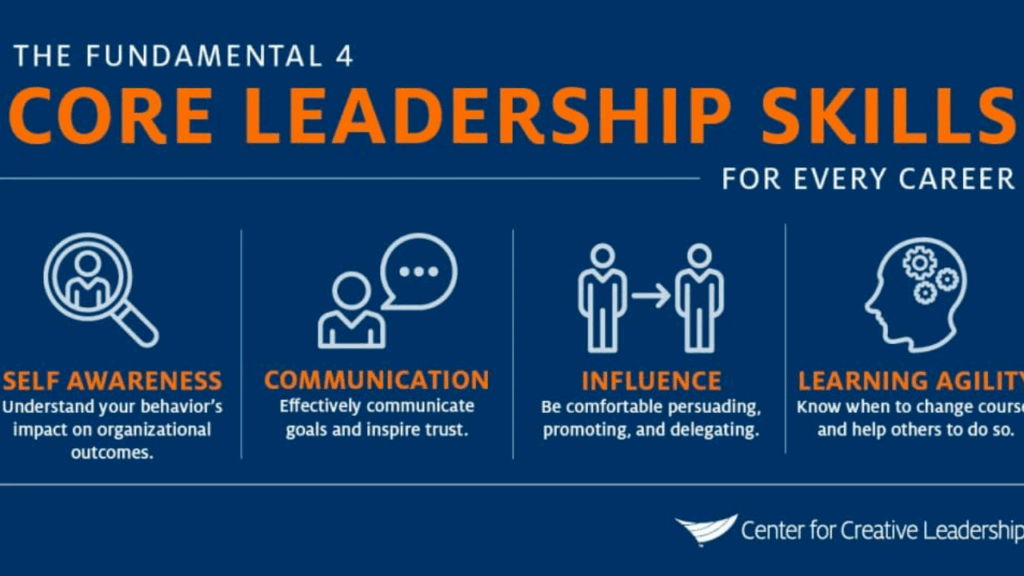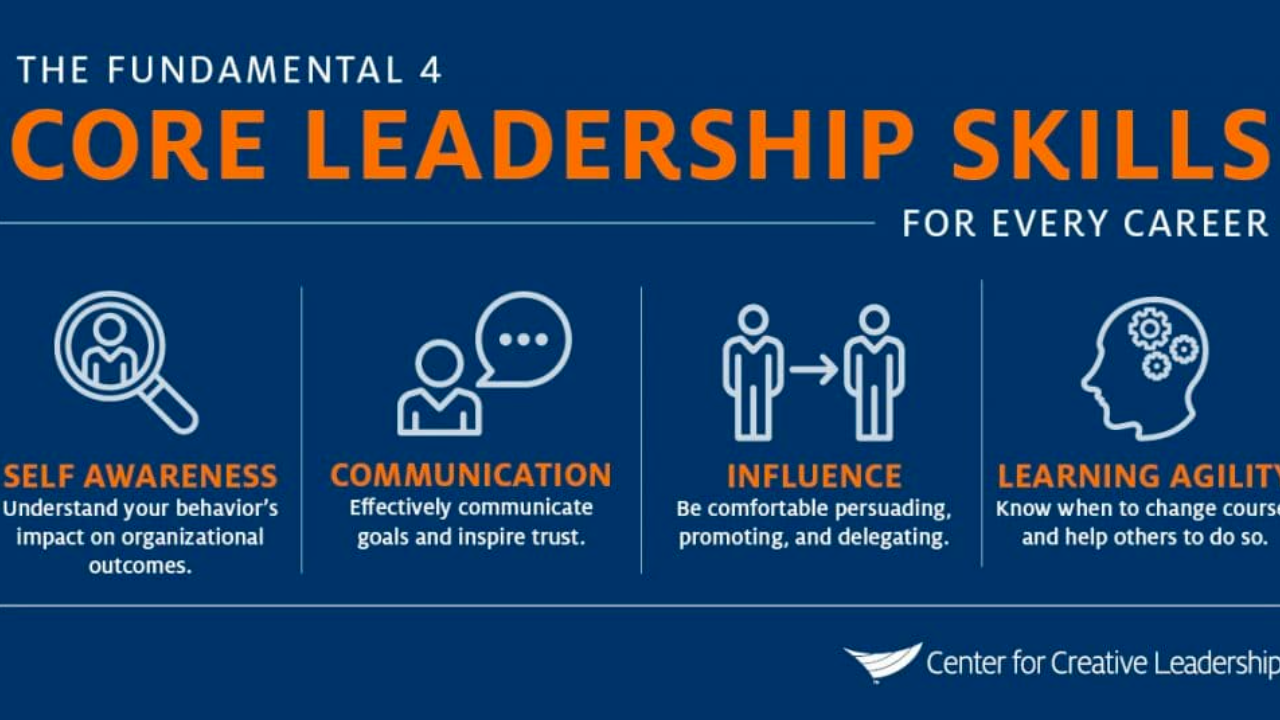
Teenagers are at a pivotal stage of life where character, responsibility, and vision are shaped. Churches play a unique role in this development by offering safe spaces, meaningful activities, and opportunities that encourage young people to step into leadership roles. Through church activities, teenagers not only deepen their faith but also cultivate skills that prepare them to be confident, compassionate leaders in the future.
Why Leadership Training in Teens Matters
Leadership is not just about holding a position—it is about influence, service, and integrity. Teenagers who learn these qualities early are more likely to succeed in school, careers, and personal relationships. When the church invests in developing leadership skills, it ensures that the next generation is ready to guide both the faith community and society at large.
Teen leadership development also combats common challenges such as low confidence, peer pressure, and uncertainty about the future. By engaging in purposeful activities, teens discover their identity, build resilience, and learn how to positively impact others.
Church as a Training Ground for Leadership
Unlike classrooms or sports teams, the church provides a holistic environment where faith, service, and responsibility intersect. Through participation in ministries, outreach programs, and worship services, teens gain practical leadership experience in a supportive setting.
Church activities allow them to learn by doing—organizing events, leading prayers, mentoring younger children, or managing creative projects. These real-world opportunities help teens practice decision-making, problem-solving, and teamwork.
Key Church Activities That Develop Leadership
Churches encourage teenagers to serve in a variety of areas that strengthen leadership qualities:
- Youth Groups and Bible Studies – Leading discussions or small groups builds communication and public speaking skills.
- Music and Worship Teams – Playing instruments, singing, or coordinating worship fosters teamwork and confidence.
- Children’s Ministry – Assisting with teaching or crafts helps teens develop responsibility and empathy.
- Community Outreach – Participating in food drives, charity events, or mission trips builds compassion and organizational skills.
- Event Planning – Helping organize church events sharpens planning, creativity, and problem-solving abilities.
- Tech and Media Support – Managing sound, slides, or livestreaming develops technical and leadership responsibility.
By rotating through these activities, teens gain diverse skills and discover their strengths.
The Role of Mentorship and Guidance
Leadership does not grow in isolation—it thrives through mentorship. Churches often pair teens with adult leaders who guide, encourage, and provide feedback. This relationship gives young people role models who demonstrate integrity, humility, and faith in action.
Mentorship also ensures accountability. When teens know their contributions matter, they take ownership of their roles and work diligently to meet expectations. This instills discipline and maturity.
Building Confidence and Character
One of the greatest benefits of church activities is the confidence they instill in teenagers. Leading a prayer, teaching younger children, or performing in front of the congregation challenges teens to step outside their comfort zones. With each experience, their self-esteem grows.
At the same time, church activities emphasize values such as humility, kindness, and service. Teens learn that leadership is not about authority but about serving others. This balance of confidence and character shapes them into leaders who inspire through example.
Preparing Teens for the Future
The leadership skills learned in church extend far beyond Sunday services. Teens who serve in church often carry their abilities into school leadership positions, volunteer programs, and even future careers. Skills such as communication, teamwork, and problem-solving remain valuable in every stage of life.
Churches that prioritize teen leadership development are not only preparing spiritual leaders but also equipping society with individuals who embody integrity, responsibility, and compassion.
Overview Table
| Activity | Skills Developed | Long-Term Benefits |
|---|---|---|
| Youth Groups | Communication, public speaking | Builds confidence and influence |
| Music & Worship | Teamwork, coordination, creativity | Enhances collaboration and expression |
| Children’s Ministry | Responsibility, patience, empathy | Prepares for mentoring and guidance |
| Community Outreach | Compassion, organization, service mindset | Encourages lifelong social responsibility |
| Event Planning | Problem-solving, planning, leadership | Strengthens organizational abilities |
| Tech & Media Support | Technical skills, accountability | Equips for modern leadership roles |
Key Takeaways
- Church activities provide teenagers with hands-on opportunities to build leadership skills.
- Mentorship and guidance ensure growth in both confidence and character.
- The values learned through service prepare teens to lead in church, school, and future careers.
FAQs
1. How do church activities build leadership in teens?
By giving them roles in worship, outreach, and service, teens practice skills like communication, teamwork, and responsibility.
2. Why is mentorship important for teen leaders?
Mentorship provides guidance, accountability, and role models that shape strong and responsible leadership.
3. What long-term benefits do teens gain from serving in church?
They develop confidence, character, and practical skills that help in school, careers, and lifelong faith.

